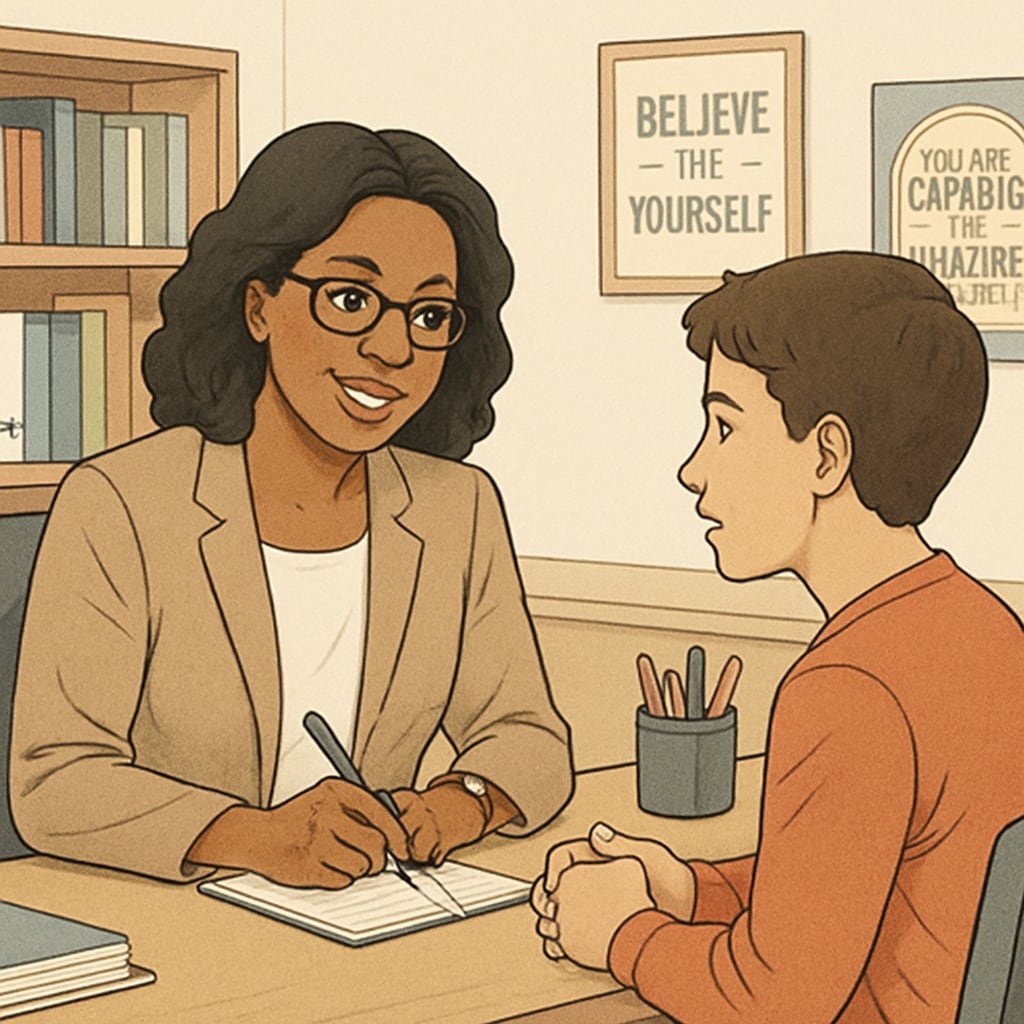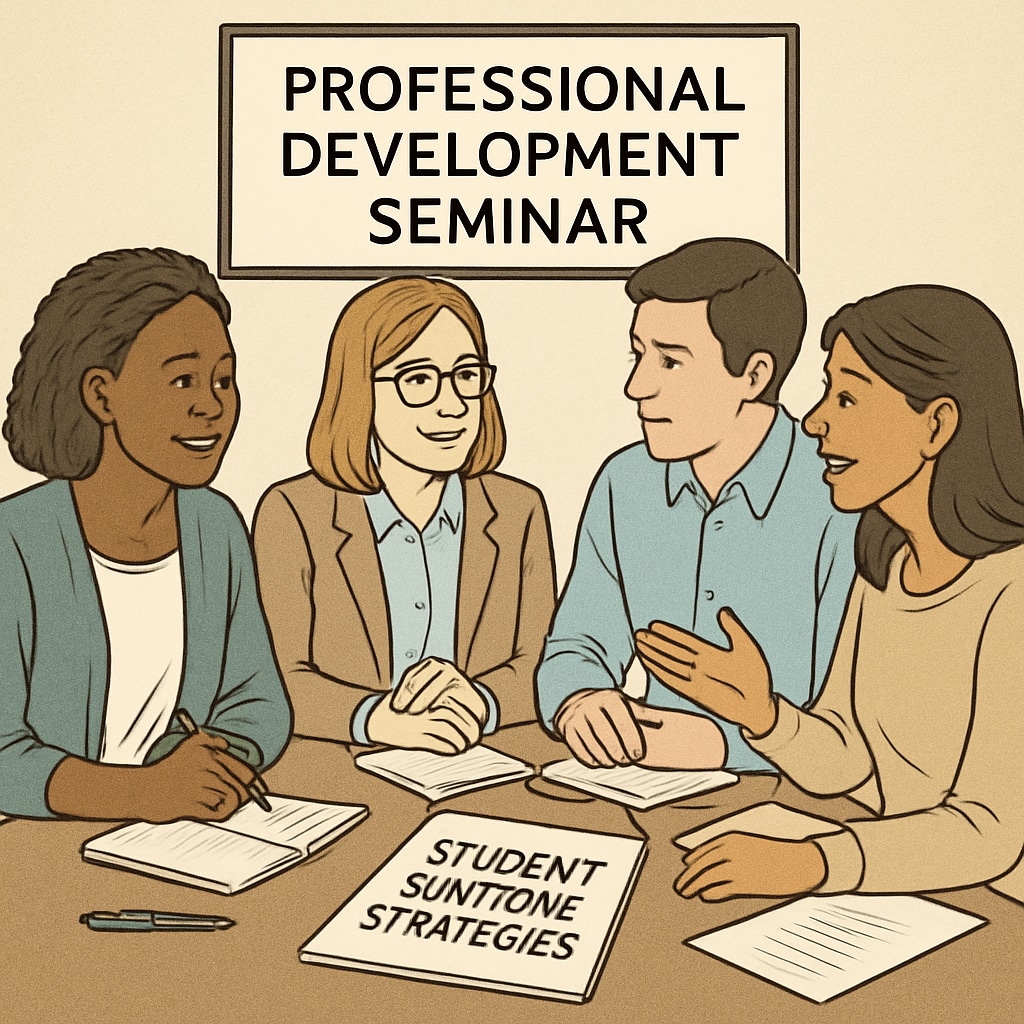School counselors play a pivotal role in shaping the academic, emotional, and social well-being of students, making their insights invaluable for graduate students aiming to bridge theory and practice. For many graduate students, completing assignments that involve interviewing counselors allows for a deeper understanding of real-world educational dynamics. This article discusses the importance of connecting theoretical learning with practical experiences, examines the evolving role of school counselors in K-12 education, and provides actionable suggestions for enhancing collaboration between researchers and practitioners.

The Significance of Bridging Theory and Practice
Graduate studies often emphasize theoretical frameworks, but real-world applications bring these concepts to life. Interviewing school counselors offers graduate students an opportunity to gain firsthand insights into the challenges and responsibilities inherent in educational environments. This process not only enhances learning but also ensures that future educators and policymakers understand the nuances of their field.
For example, during interviews, counselors may share specific strategies for addressing issues such as student anxiety, academic pressure, or family dynamics. These discussions allow graduate students to compare textbook theories with practical solutions. As a result, students are better equipped to propose innovative ideas grounded in both research and experience.
Moreover, such interactions foster a two-way exchange of knowledge. Counselors can benefit from hearing about the latest academic research, while students gain exposure to the realities of working within a school system. This mutual learning reinforces the importance of collaboration in improving education.
The Evolving Role of School Counselors
In recent years, the role of school counselors has expanded significantly. Traditionally, counselors focused on academic guidance, such as helping students select classes or prepare for college. However, the modern K-12 educational landscape demands that counselors also address mental health, social issues, and career readiness.
For instance, according to a report by the American School Counselor Association (ASCA), counselors today are expected to provide comprehensive support systems, ranging from crisis intervention to fostering inclusivity within school communities. This expanded role requires counselors to balance multiple responsibilities, often under tight resource constraints.
Graduate students examining this evolving role can gain a richer understanding of how systemic factors, such as policy changes or funding limitations, impact counseling practices. These insights are crucial for developing holistic solutions that address both individual student needs and broader institutional challenges.

Fostering Collaboration Between Researchers and Practitioners
While graduate assignments involving counselor interviews are valuable, the benefits of collaboration between academics and practitioners should extend beyond coursework. Here are some ways to enhance this connection:
- Structured Partnerships: Universities can establish formal partnerships with schools to facilitate ongoing research projects. Such collaborations provide students with access to real-world data while offering schools evidence-based recommendations for improvement.
- Workshops and Seminars: Hosting joint events where researchers and counselors share findings encourages the exchange of ideas. For example, a seminar could focus on integrating mental health support into academic planning.
- Publishing Case Studies: Graduate students can document their findings from counselor interviews in case studies, which can serve as valuable resources for both academic and practitioner audiences.
These approaches create a sustainable model of knowledge sharing that benefits all stakeholders. By working together, researchers and practitioners can address pressing educational challenges more effectively.
Conclusion: The Long-Term Impact of Counselor Interviews
Incorporating school counselors’ perspectives into graduate research helps bridge the gap between academic theory and educational practice. By understanding the evolving roles of counselors and fostering collaboration, graduate students can contribute to meaningful changes in the education system. As a result, both researchers and practitioners are better equipped to support the diverse needs of students in today’s complex educational landscape.
Ultimately, the process of connecting theory to practice is not just an academic exercise—it is a critical step toward creating more equitable and effective learning environments for future generations.
Readability guidance: This article uses short paragraphs, lists key points, and incorporates transitional phrases to ensure clarity. Active voice and concise sentences improve accessibility for a broad audience.


